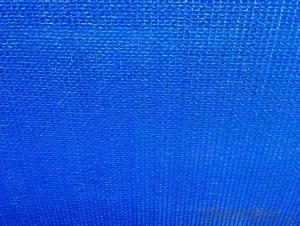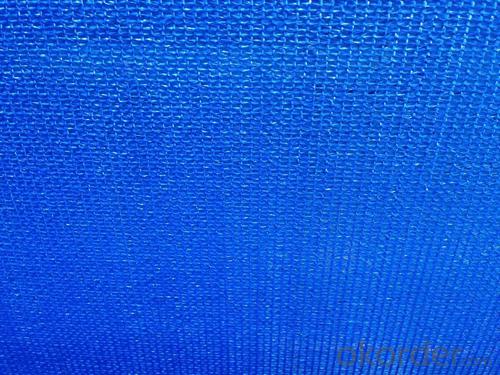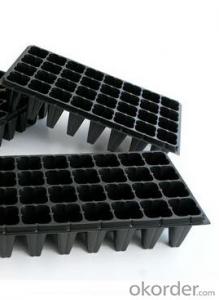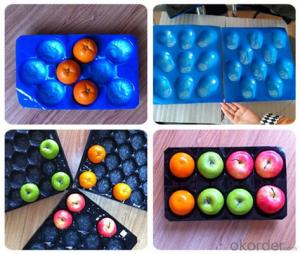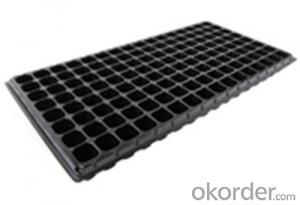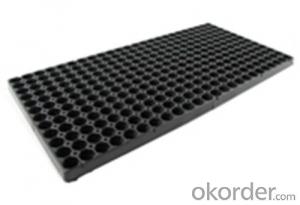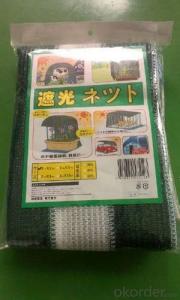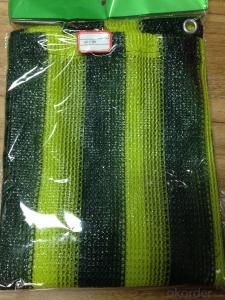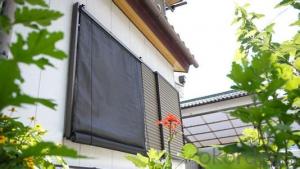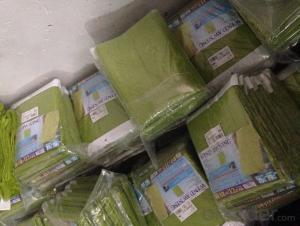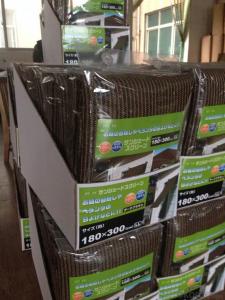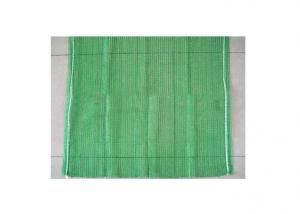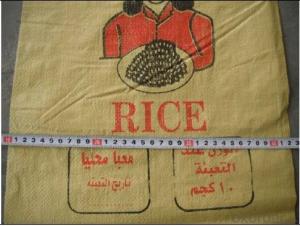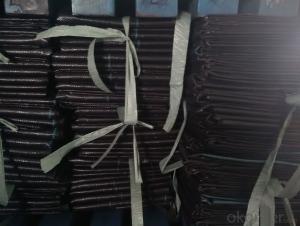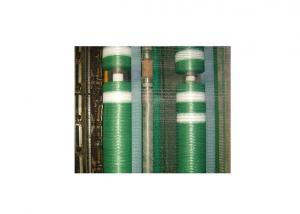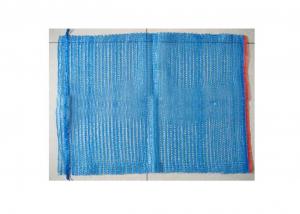Shade net 140g Export to Japan
- Loading Port:
- China Main Port
- Payment Terms:
- TT OR LC
- Min Order Qty:
- -
- Supply Capability:
- -
OKorder Service Pledge
OKorder Financial Service
You Might Also Like
Specifications
balcony privacy net
1.Material:100% new HDPE,UV
2.Weight:120~220gsm
3.Useful life:3~5 years
4.balcony net factory price
balcony privacy net/shade net/window net
--product description
Product | balcony privacy net/shade net/window net |
Brand Name | XINH-GL-80 |
Material | 100% new HDPE with UV,long service life |
Color | Green,yellow,blue,gray (as your request) |
Weight/sqm | 120~220gsm |
Size | Width:0.5m-3m, Length: as your request |
Samples | 1). sample time: Within 7-15 days. |
2). Sample charge: According to product details. | |
3). Sample refund: Negotiable | |
4). Send sample: Via TNT, UPS, FedEx, DHL Express | |
Sample is free for you to test the quality | |
Payment | T/T, L/C |
Delivery Time | Within 20 days after getting the deposit |
| | |
| | |
| | |
| | |
| | |
| | |
| | |
| | |
- Q: What are the best ground cover plants for acidic soil?
- Some of the best ground cover plants for acidic soil include moss, creeping thyme, heather, blueberry bushes, and ferns.
- Q: How do you choose ground cover plants that are deer-resistant?
- When choosing ground cover plants that are deer-resistant, it is important to consider a few factors. Firstly, research and look for plants that have a reputation for being unpalatable to deer. This can include plants with strong scents, prickly or fuzzy leaves, or plants that are toxic to them. Additionally, opt for plants that have a low growing habit, dense foliage, or are fast-growing, as these characteristics can deter deer from accessing and damaging them. Consulting with local nurseries or gardening experts can also provide valuable insights into suitable deer-resistant ground cover plants for your specific region.
- Q: Why do plastic surgery?
- Some people are obsessed about getting the 'perfect look'.
- Q: im doing a paper on plastic surgery and i agree with plastic surgery, i need help with my introductory paragraph. please help, it has to be 5-6 sentences long. thanks
- you can talk about their harmful affects on hollywood
- Q: my cat loves to lick plastic bags and pictures whygt;
- Many cats lick or gum plastic bags. The leading theory seems to be that materials that the bag was made from attract cats. Many plastic bags are made out of substances which are biodegradable, such as corn, and the smell and taste attract the cats. We have two cats who gum bags and we had another - my good friend Tom - who liked to gum photographic prints - prints on photographic paper, not inkjet printed photos. Licking or gumming is one thing, eating plastic is another. Just be sure they aren't actually eating the plastic. I don't think it would be very good if they are actually eating it.
- Q: the bottles must of low weight and be able to be steralised.we are planning to introduce at holy places like tirumala.as the plastics contributed to the forest by piligrims is increasing day by day.the plastic bottles are to of who standards.
- Plastic bottles usually are numbered on how many times it could be re-used. Look for the number at the bottom. Plastic bottles with lexan are light weight and reusable.
- Q: Say that we replaced plastic and paper bags witht the new, eco-friendly bags.... what would we do with the paper and plastic??
- Most plastic bags aren't recyclable, paper bags are biodegradable. the remaining plastic bags would probably just enter the landfill because it would likely take more energy to recycle them than to not (other than picking up dog crap). The point is we need to stop using plastic bags because they are suffocating our world, I live in a place where all the major stores now charge 5 cents a plastic bag, everyone uses the cloth ones now and you can see the difference: no bags caught in branches or fences we don't need to deliberate over the fate of the remaining plastic bags, we just need to start changing now.
- Q: I am looking for documentaries or info on how different plastics can be recycled. Which are easiest to recycle?
- the way i understand it, all plastics are easy to recycle. Only problem is determined by the cost. The cheapest are not much subjected to recycle but dispose of unlike the thick and big ones that would command high scrap value. I hope malls would charge 500% more from the cost of their bags so consumers would be forced to reuse them or bring along their own bags when shopping.
- Q: as long as the flame does not touch, and the plastic does not get hot and burn, why is it bad?
- Plastic releases chemicals even if it isn't burned. It is better to just use glass or something less toxic in general.
- Q: i went in a shop in my city the other day and there was this advertisement in the shop window plastic bags 10p each or you can have a paper one for free, i watched and nearly all the people that came out of the shop had a plastic one ( that they paid 10p for ), why? when they could have had a paper one for free.i would have had a paper one for freewhat would you have had? and why
- They usually do not give a person a choice; some times the grocery stores will ask, Paper or plastic. Either can be recycled. Or, stores can allow people to bring their own tote bags, as was the case when I was stationed in Germany.
Send your message to us
Shade net 140g Export to Japan
- Loading Port:
- China Main Port
- Payment Terms:
- TT OR LC
- Min Order Qty:
- -
- Supply Capability:
- -
OKorder Service Pledge
OKorder Financial Service
Similar products
Hot products
Hot Searches
Related keywords
